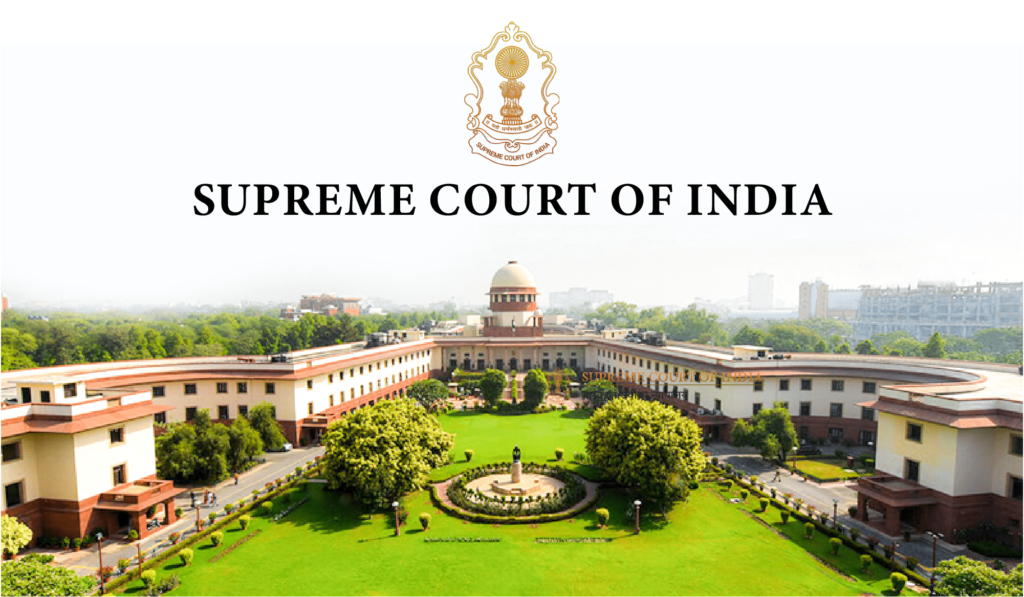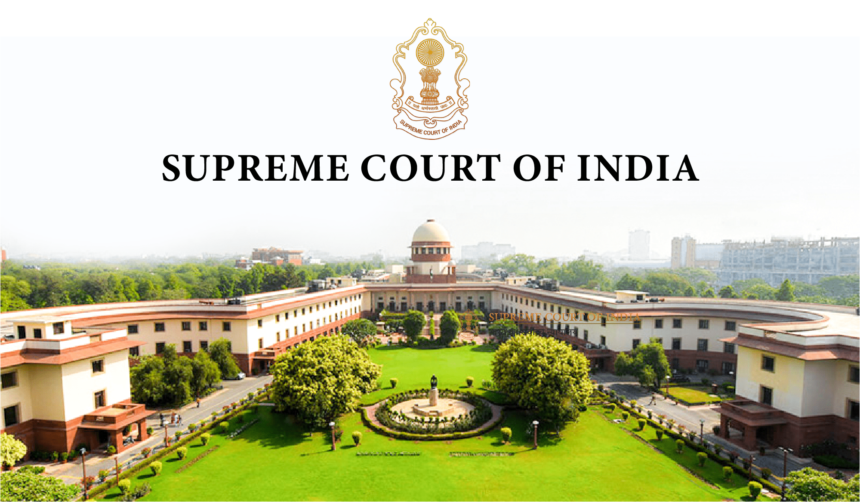
Introduction
In a surprising turn of events, the Supreme Court of India has raised concerns over its own order issued in May 2022, which directed the Gujarat government to consider the premature release plea of one of the convicts in the infamous Bilkis Bano gang-rape case. The court has questioned the legality of the convict’s petition and whether the court had jurisdiction to entertain it.
Eleven convicts, including Radheyshyam Bhagwandas Shah, moved for premature release following the May 2022 Supreme Court order. The Gujarat government subsequently released all of them, leading to this recent development. The Supreme Court bench, consisting of Justices BV Nagarathna and Ujjal Bhuyan, expressed perplexity over the order and the subsequent release of the convicts.
Key issues of the Petition
The key issue revolves around Shah’s petition challenging his conviction, which was originally rejected by the Gujarat High Court in July 2019. The court has questioned why Shah’s writ petition was entertained by the Supreme Court, even after he failed to challenge the Gujarat High Court’s decision in an appeal before the apex court, as per legal procedures.
The court also inquired whether the Gujarat government had raised concerns about the maintainability of Shah’s petition before the Supreme Court passed the May 2022 order. The release of the 11 convicts was based on this order, prompting questions about the legality of their release when a petition ostensibly challenging a high court order was treated as a writ petition.
Shah’s legal maneuvering took another twist when he approached the Maharashtra government with a remission plea, considering the trial was conducted in that state. The Supreme Court had earlier shifted the trial of the case to a Mumbai court. Which led to the conviction of all 11 persons and their subsequent life imprisonment in January 2008.
The court’s bewilderment is amplified by the fact that the May 2022 order served as the foundation for the Gujarat government to release all 11 convicts. The confusion arises from the lack of clarity on how a writ petition challenging a high court order was treated as valid by the Supreme Court.
Issues regarding the petition
The issue also extends to the Gujarat government’s decision not to file a review petition against the May 2022 order. This stance is at odds with their previous assertion that the Maharashtra government was the appropriate authority to consider remission pleas due to the trial being conducted there.
Advocate Shobha Gupta, representing Bilkis Bano, supported the court’s skepticism and highlighted that Shah’s only legal recourse should have been to file a special leave petition against the Gujarat High Court’s order, rather than the writ petition that was entertained.
The Bilkis Bano case garnered widespread attention due to its sensitive nature. Bano was 21 and five months pregnant when she was gang-raped during the 2002 riots, resulting in the death of her three-year-old daughter and several others. The 11 men convicted of these heinous crimes were released on August 15, 2022, following the Supreme Court’s directive to consider their plea for premature release.
Conclusion
Public outrage ensued after their release, leading to several Public Interest Litigations (PILs) filed by prominent figures, including Trinamool Congress MP Mahua Moitra and former CPI member MP Subhashini Ali, in August 2022. Bano herself approached the Supreme Court in November 2022 to challenge the Gujarat government’s decision to release the convicts.
This legal quandary has raised questions about the proper application of the law and the adherence to legal procedures, highlighting the intricacies involved in judicial decisions surrounding such sensitive cases.






